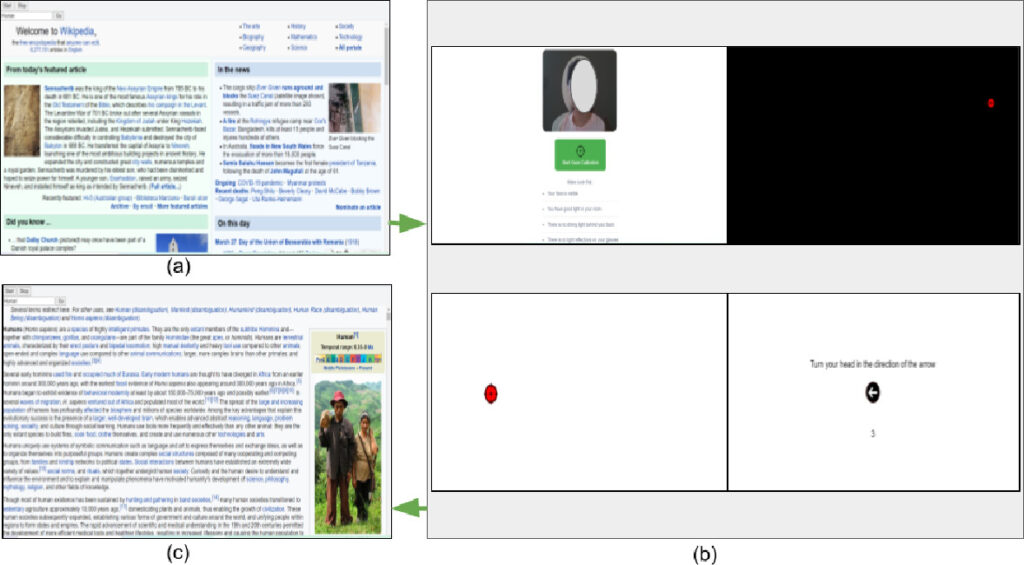The complex collaborative structure of Wikipedia has attracted researchers from various domains, such as social networks, human-computer interaction, and collective intelligence. Yet, a few focus on the readers’ perception of Wikipedia. Readers make up the majority of Wikipedia users (editors/readers), and being on the consumption side, readers play a crucial role in its sustenance. The attention patterns of users while reading an article can reveal users’ interest distribution as well as content quality of the article. In this paper, we present an Attention Feedback (AF) approach for Wikipedia readers. The fundamental idea of the proposed approach comprises the implicit capture of gaze-based feedback of Wikipedia readers using a commodity gaze tracker. The developed AF mechanism aims at overcoming the main limitation of the currently used “pageview” and “survey” based feedback approaches, i.e., data inaccuracy. Moreover, the incorporation of a single-camera image processing-based gaze tracker makes the overall system cost-efficient and portable. The proposed approach can be extended to enable the research community to analyze various online portals as well as offline documents from the readers’ perspective
